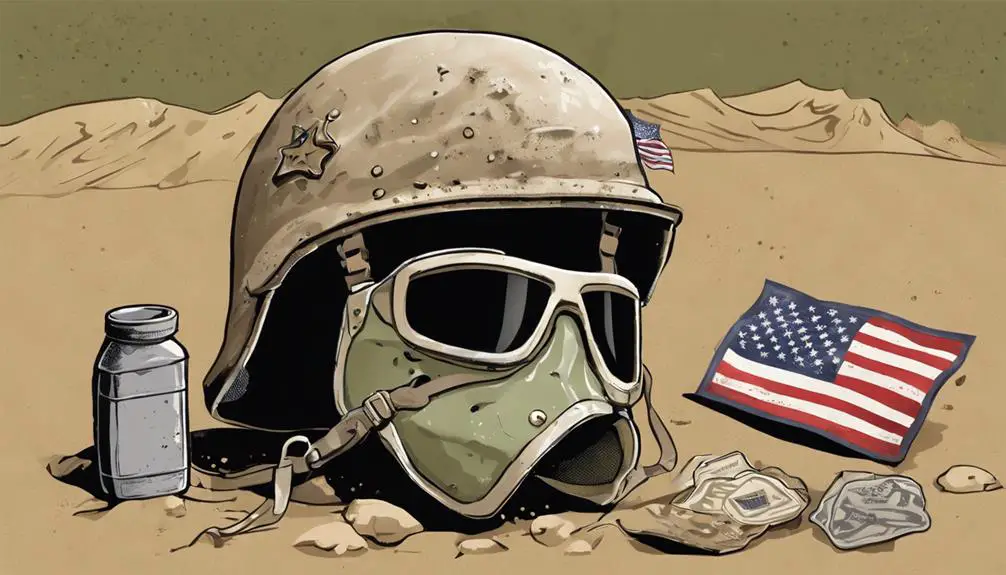During the Iraq War, you likely heard soldiers using terms like 'Fobbit' and 'Hajji', but these slang terms were more than just colloquialisms – they represented a unique cultural identity shaped by the challenges and experiences of troops on the ground. You might be curious about the origins of these terms and how they facilitated communication, unity, and coping mechanisms among soldiers. As you explore the world of military slang, you'll discover how it reflects the military's cultural identity and adapts to the changing nature of warfare, revealing a complex language that's both functional and symbolic.
Origins of Military Slang
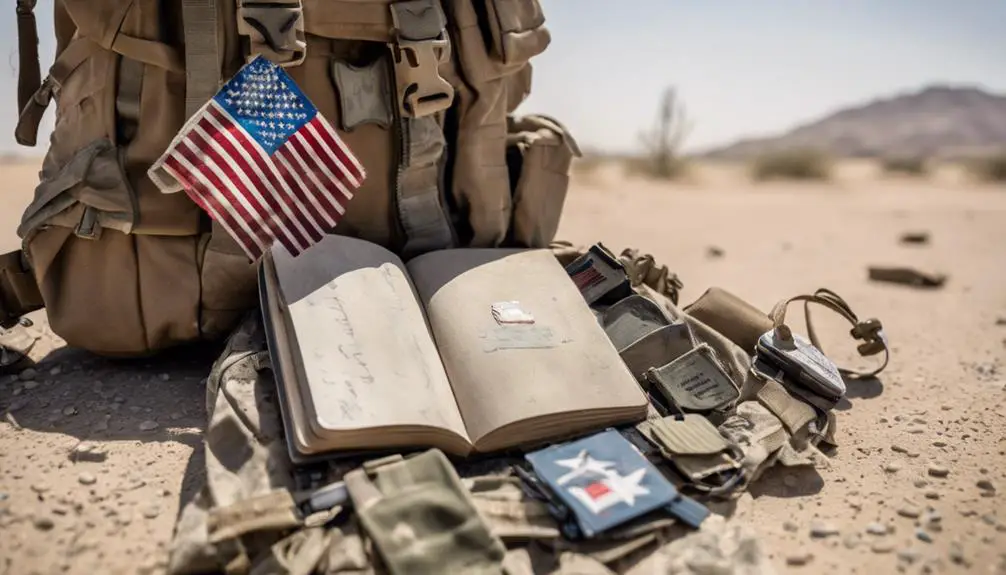
As you explore the world of military slang, it's important to grasp that its origins can be traced back to the early days of warfare, when soldiers needed a way to communicate quickly and discreetly on the battlefield. This necessity led to the development of unique linguistic practices, which were shaped by the historical context of warfare. Military linguistics, a subfield of linguistics, studies the language used by military personnel, including slang.
In the early days of warfare, soldiers relied on slang to convey complex information quickly, without alerting the enemy. This coded language allowed them to communicate effectively, while maintaining secrecy. The historical context of slang development is deeply rooted in the evolution of warfare. As warfare tactics and technology advanced, so did the language used by soldiers. Slang terms emerged as a response to the changing nature of warfare, reflecting the unique challenges and experiences of soldiers on the battlefield. Understanding the origins of military slang provides insight into the complex dynamics of military communication and the creative ways soldiers adapted to the demands of warfare.
Common Slang Terms Used
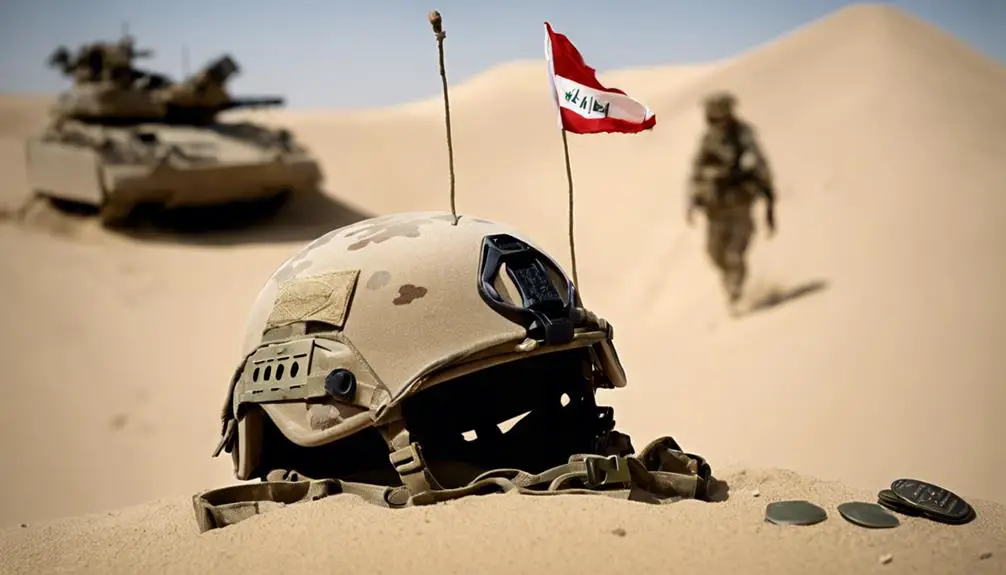
Your exploration of military slang will likely include terms like 'Fobbit' or 'Hajji,' which were popularized during the Iraq War, and have since become an integral part of the military's linguistic landscape. These terms have cultural implications, reflecting the complex dynamics between military personnel and local populations. 'Fobbit,' for instance, refers to soldiers who rarely leave their forward operating bases, while 'Hajji' is a term used to describe Iraqis or Arabs.
As you investigate further into the world of military slang, you'll notice that these terms have a profound impact on unit cohesion. Slang creates a sense of belonging and shared experience among troops, fostering camaraderie and solidarity. It also serves as a coping mechanism, allowing soldiers to process the stresses of combat and deployment. By using slang, soldiers can momentarily escape the harsh realities of war, finding comfort in the familiarity of their shared language. As you explore the world of military slang, you'll begin to appreciate the significance of these terms, not just as colloquialisms, but as a reflection of the military's cultural identity.
Code Words for Enemies
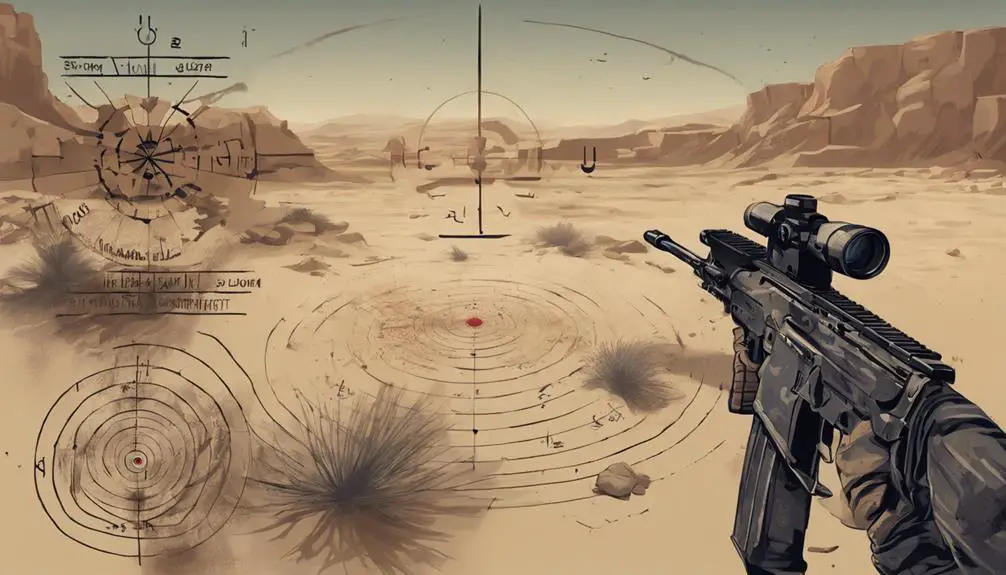
In the context of military operations, code words for enemies served as a pivotal means of communication, allowing troops to convey critical information without compromising their mission or alerting the adversary. You might hear phrases like 'Tango' or 'Victor' used to identify enemy personnel, or 'Bravo' to signal a terrorist takedown. These code words enabled troops to convey essential information quickly and efficiently, guaranteeing that critical details were shared without alerting the enemy.
During enemy engagements, code words played an important role in facilitating swift and strategic decision-making. For instance, 'November' might signal a neutralized enemy position, while 'Oscar' could indicate a captured enemy combatant. By using these coded phrases, troops could rapidly convey complex information, enabling swift responses to emerging threats. In the heat of battle, every second counted, and these code words helped troops stay one step ahead of the enemy. By adopting these cryptic phrases, military personnel ensured that critical information remained confidential, even in the most intense and chaotic situations.
Slang for Military Operations
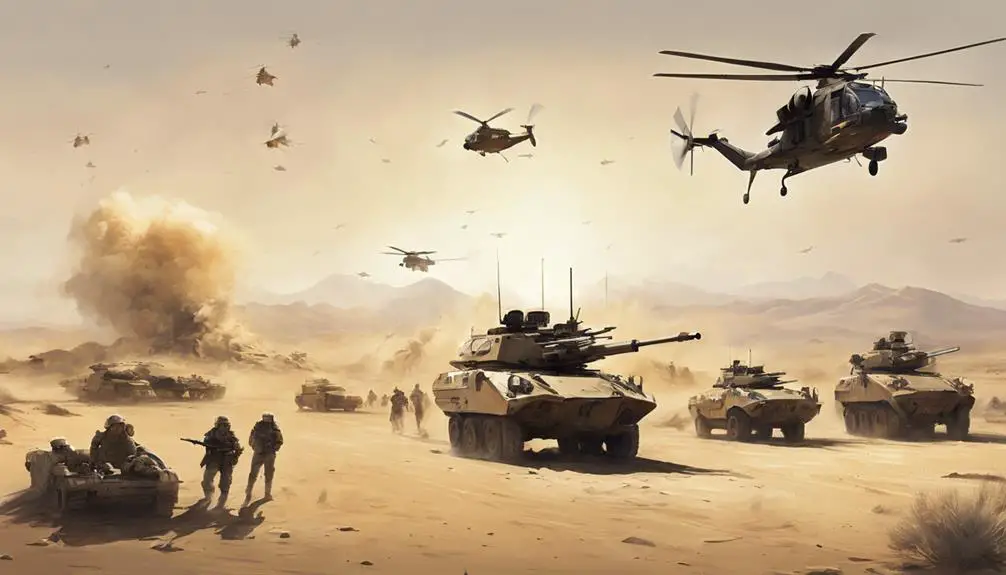
Many military operations in Iraq relied on a distinct vocabulary of slang terms to facilitate clear and efficient communication among troops. You'll find that battlefield lingo played a pivotal role in conveying complex tactical information quickly and accurately. For instance, terms like 'SITREP' (Situational Report) and 'OPS' (Operations) were used to brief troops on the current situation and mission objectives. When discussing patrol routes, you'd use terms like 'RTE' (Route) and 'AO' (Area of Operations) to make certain everyone was on the same page. Tactical terminology like 'C2' (Command and Control) and 'Fires' (Artillery Support) helped streamline communication during intense combat situations. These slang terms allowed troops to swiftly convey critical information, reducing confusion and ensuring a unified response. By adopting this specialized vocabulary, you and your fellow soldiers could focus on the task at hand, rather than getting bogged down in complex explanations.
Emotions and Humor in Slang
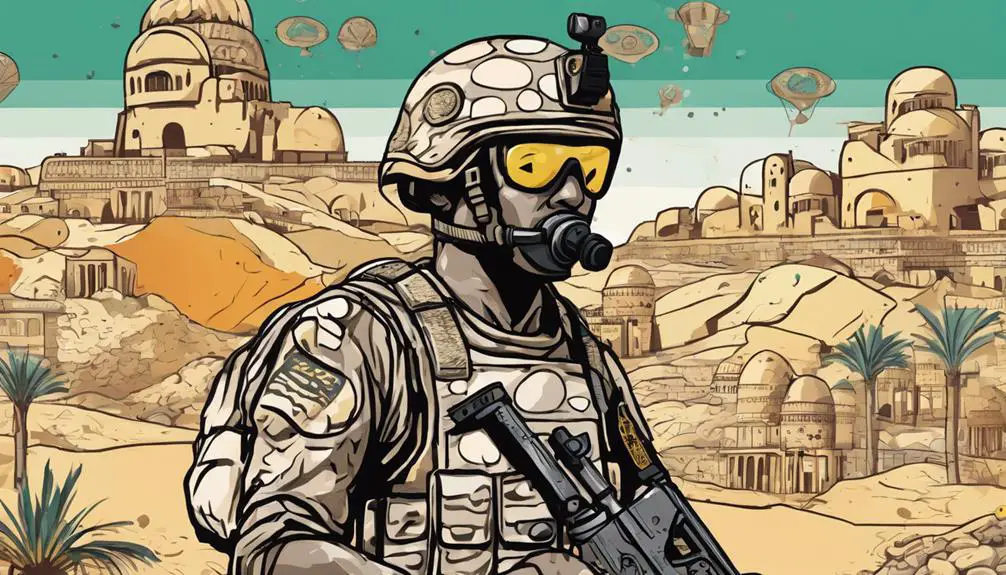
When you're stuck in the desert heat, slang expressions like 'haji' (a colloquial term for an Iraqi civilian) and 'FNG' (Freaking New Guy) allowed troops to blow off steam and inject some much-needed humor into their stressful daily routines. These phrases served as a coping mechanism, helping to diffuse tension and create a sense of camaraderie among soldiers. Battle buddy humor, in particular, played a significant role in boosting morale. Phrases like "Got your six" (got your back) or "Roger that" (understood) became an integral part of military communication, fostering a sense of trust and reliance on one another. Morale-boosting phrases like "Hooah" (a term of enthusiasm and approval) and "Oorah" (a battle cry) helped to energize and motivate troops during difficult times. By incorporating humor and lightheartedness into their daily interactions, soldiers were able to find respite from the harsh realities of war. Through these slang expressions, troops were able to maintain a sense of humanity and normalcy in the midst of chaos.
Evolution of Military Jargon
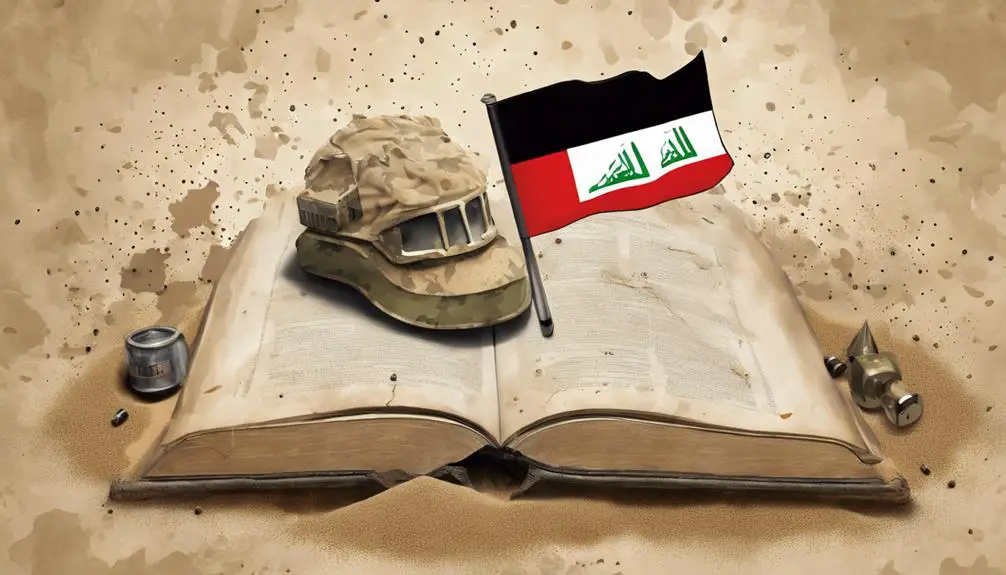
As you explore the world of military communication, you'll notice that military jargon has undergone significant transformations over the years, adapting to the changing nature of warfare and the diverse backgrounds of its personnel. This evolution is a reflection of the dynamic nature of military lingo, which has been shaped by various factors, including technological advancements, cultural exchange, and the influence of civilian slang. The military's linguistic adaptation has been driven by the need for efficient communication, often in high-stress environments. For instance, the use of acronyms and abbreviations has become prevalent, allowing for quick transmission of critical information. Additionally, military lingo has been influenced by the diverse cultural backgrounds of its personnel, incorporating colloquialisms and slang from various regions. This blending of languages has resulted in a unique dialect that is both functional and reflective of the military's diverse composition. As you explore further into the world of military communication, you'll uncover the complex and fascinating history of military jargon, shaped by the ever-changing landscape of warfare and the people who fight it.
Frequently Asked Questions
Are Military Slang Terms Used Universally Across All Branches?
You might've heard the term "FNG" (Freaking New Guy) in a military context, but did you know it's primarily used in the Army? This example highlights that military slang terms aren't universally used across all branches. In reality, each branch develops its own branch-specific slang and service-specific dialects. For instance, the Navy has "swab" for a newbie, while the Air Force uses "butterbar" for a second lieutenant.
Can Military Slang Be Used in Official Military Communications?
When considering official military communications, you should be aware that using military slang is generally discouraged. In secure transmission, classified language is preferred to guarantee clarity and precision. You'll typically find that official communications adhere to standardized terminology to avoid misinterpretation. While slang might be used informally among troops, it's not suitable for formal communications, where clear and concise language is essential for effective operations.
Do Military Slang Terms Change Frequently or Remain Consistent?
You might wonder whether slang terms change frequently or remain consistent. The evolution of slang is a fascinating process, influenced by popular culture. As cultural trends emerge and fade, slang adapts, taking on new meanings and connotations. This dynamic nature means that slang terms often have a short shelf life, being replaced by newer, trendier expressions. However, some terms manage to stand the test of time, becoming ingrained in cultural lexicon.
Are Military Slang Terms Used by Military Personnel Only?
You might think military slang terms are exclusive to military personnel, but that's not entirely true. While it's true that military dialect is primarily used within the military community, it's not limited to just them. Military lingo often spills over into civilian life, with some terms becoming part of popular culture. You'll find that military slang is also used by military families, veterans, and even civilians who've had close interactions with the military.
Is Military Slang Used to Intimidate or Confuse Civilians?
You might wonder if military slang is used to intimidate or confuse civilians. In reality, its purpose is more nuanced. Military slang often emerges as a way to bypass cultural barriers and establish a sense of camaraderie within a group. It's not about asserting linguistic superiority over civilians, but rather about creating a shared language that facilitates quick communication in high-stress environments.

